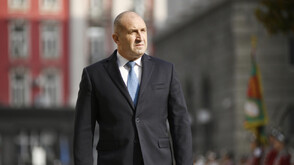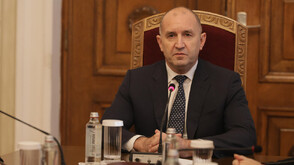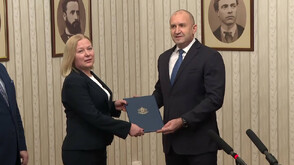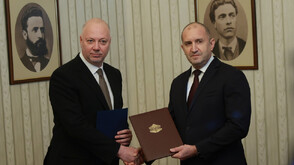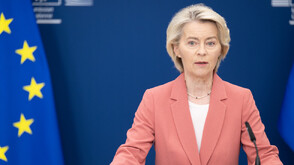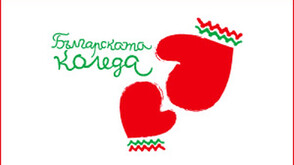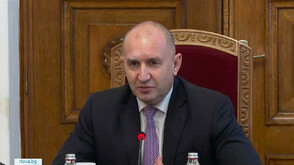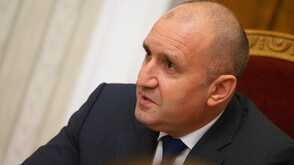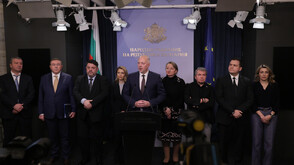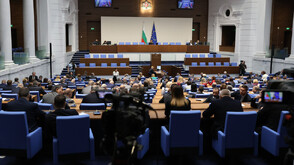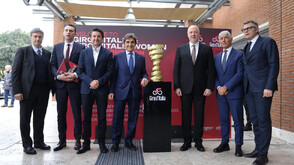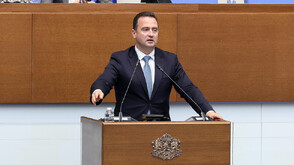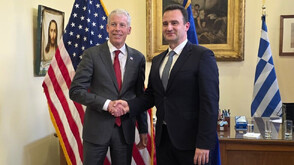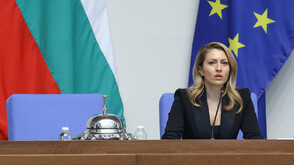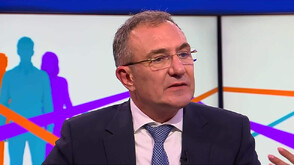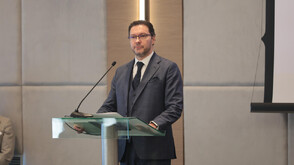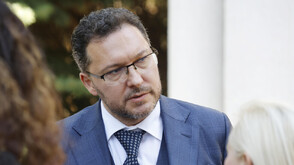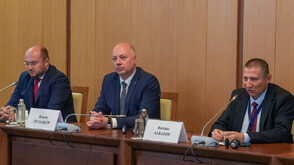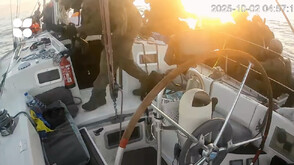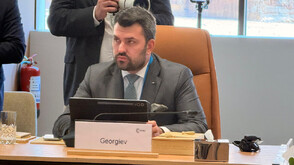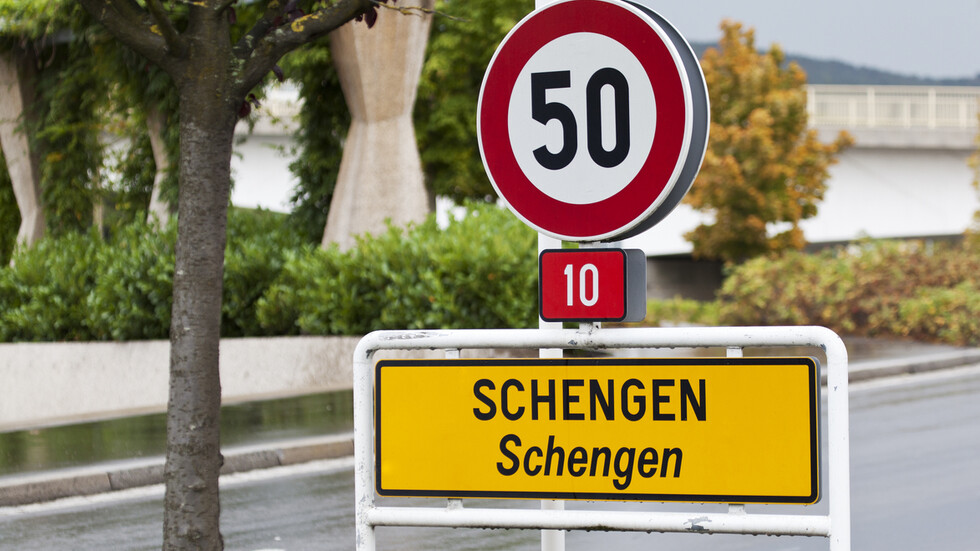
Photo: Archive
Grande-Marlaska pointed out that Bulgaria's admission to Schengen is crucial for the protection of the EU's external borders
Spanish Interior Minister Fernando Grande-Marlaska, quoted by the Bulgarian Ministry of Interior on Thursday, confirmed Spain's firm commitment to Bulgaria's accession to the Schengen area during the upcoming Spanish EU presidency.
Grande-Marlaska pointed out that Bulgaria's admission to Schengen is crucial for the protection of the EU's external borders as well as for peaceful and free movement - one of the principles of the Union. In his words, Bulgaria is prepared, while the EU and Schengen will be even more secure, once the country becomes a full member.
The Spanish Minister briefed caretaker Deputy Prime Minister for Public Order and Security and Minister of Interior, Ivan Demerdzhiev, on the security and home-affairs initiatives that Spain will undertake during its presidency. One of the leading initiatives is the completion of the migration pact by finding a reasonable balance between the principles enshrined in it.
According to Grande-Marlaska, the high level of cooperation is based on mutual trust, which makes it possible to achieve good results for the citizens of both countries. The meeting also discussed road safety and the need for policies to reduce the huge number of fatalities in road accidents.
Demerdzhiev emphasized the agreement reached on the steps and deadlines that will lead to Bulgaria and Romania's accession as full members of the Schengen area. He said that communication between Bulgaria and Romania, the European Commission, the Netherlands and Austria is essential for the lifting of the reservations towards Bulgaria and Romania.
The Minister added: "The perspective is clear, we must work, we know what needs to be done, and we are motivated to do it". He confirmed Bulgaria's full support for the priorities set by the Spanish presidency and readiness to work intensively on their implementation.
Demerdzhiev also commented on the agreed possibility of meetings at expert level in order to benefit from the Spanish experience in the fight against road traumatism, as well as to establish constant communication in the fight against organized crime, illegal migration and other areas that have traditionally been the subject of good interaction between the two countries.
Редактор: Тони ГосподиновПоследвайте ни

